The 2024 presidential election is here and its outcome could have a major impact on students. With critical issues such as student debt and education funding on the table, the University of Texas at Austin is preparing for election day.
Donald Trump and Kamala Harris both have different education policies. Trump wants to abolish the Department of Education, perceiving public schools as threats that brainwash students. Harris, on the other hand, sees education as a major influence on children’s development, and advocates for increased support towards teachers and student debt relief, while promoting inclusive educational opportunities.
“I think with Trump, you are going to get an effort towards corporatization, which we here at UT have definitely been impacted by,” Ben Catterton, a freshman English major at the University of Texas, said. “Essential aspects of campus begin being leased out to corporations like housing, which leads to a less affordable education experience. Meanwhile, I think Kamala Harris is going to do what pretty much Biden was doing, which is sending more money to colleges, but not necessarily allocating it to those necessary places like housing.”
In the University of Texas at Austin (UT), nestled downtown, students are ready to cast their ballots.
“I think when it comes to education, Kamala’s plan to cancel student debt and relieve loans is very important and has a huge impact,” sophomore Advertising major Kori Wilson, who’s voting for the first time, said. “Student debt is criminal. I voted on the first day of early voting. It’s very important to me. I really want to elect the first woman president.”
Numerous initiatives have been implemented on the UT campus for this significant event, to encourage their students to vote. Like at St Edward’s University, polling stations will be accessible on UT’s campus in the Texas Union and the LBJ School of Public Affairs, from 7 a.m. to 7 p.m. for students to vote on Election Day, Nov. 5.
A non-partisan student organization called TX Votes set up a voting guide similar to Toppers Vote in great detail, designed to address any concerns their fellow students may have. In addition to providing information on how to register to vote, the guide includes more specific queries such as: “Where you are eligible to vote as a college student,” “How to vote by mail” or “Having trouble finding your voter registration record at the polls?”
Catterton is a first-time voter and calls himself lucky to have such active student organizations on campus. He mentioned Hook the Vote, a nonpartisan association that strives to increase civic discourse among UT, and University Democrats (UDems).
UDems is a year-round organization that spends around 30 hours a week making sure that as many people as possible know what is on their ballot.
“Texas really is the biggest battleground state anywhere in the country,” Brian Pena, a senior Accounting major and President of UDems, said. “We have a legislator and a governor controlled by Republicans who have done nothing but do incredibly harmful things to our public teachers, to our trans kids, to our minorities — the cost of doing nothing in a state like Texas, the cost of not voting is just way too high.”
According to Pena, UDems has helped UT achieve the highest turnout of any college campus in the state, and one of the highest of any college campus in the country. Around 15,000 people have already voted at their polling station alone, with 95% of them students.
Campus clubs not centered on civic discourse also have a role to play in engaging students in the presidential election. At UT, the Black Student Alliance organization promoted black students’ engagement ahead of the election – and it goes beyond tabling or discussions. Last August, incoming freshmen “left as registered voters” after the BSA’s annual Black Student Welcome Week.
Some students like Catterton suspect UT might be scared of politicization, after last Spring’s series of campus protests involving the situation in Palestine.
“I think the University of Texas could go a long way in making sure more students are informed,” Pena said. “We’re a student organization with finite resources. I can’t imagine how many more folks would vote if UT sent a mass email saying: hey, there’s an election coming up.”




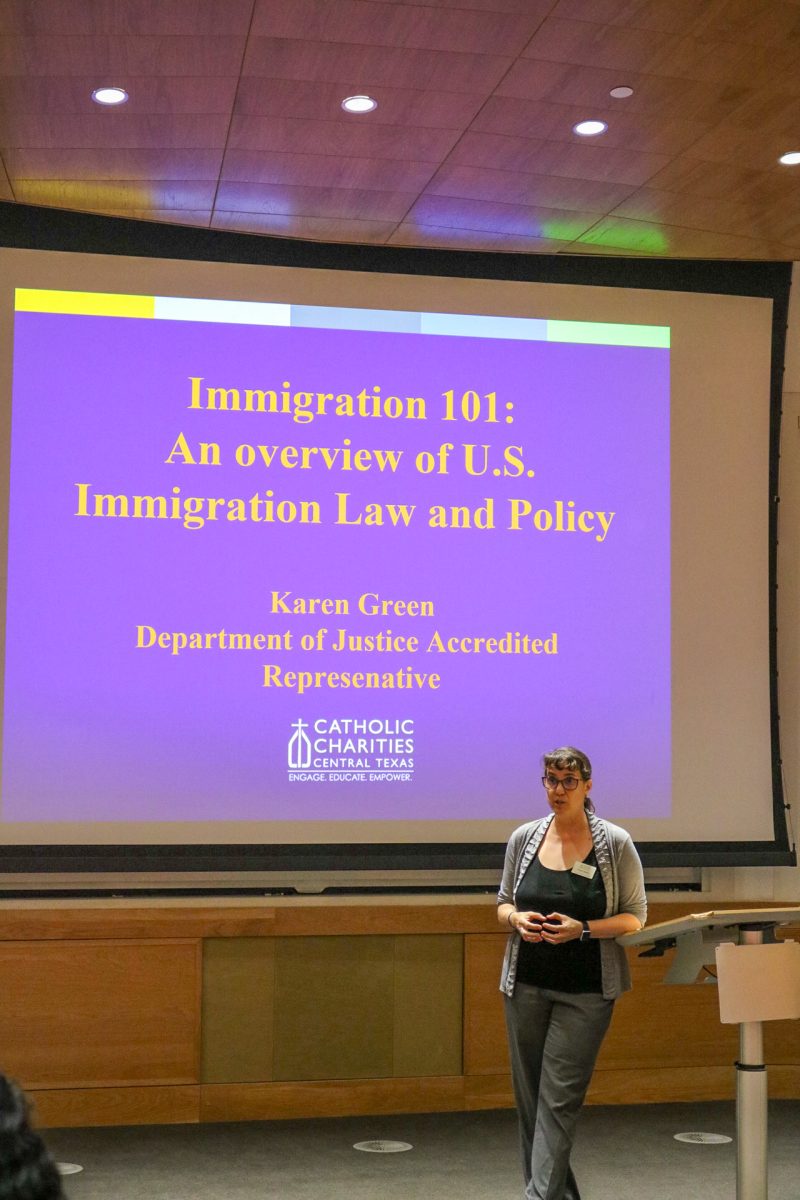
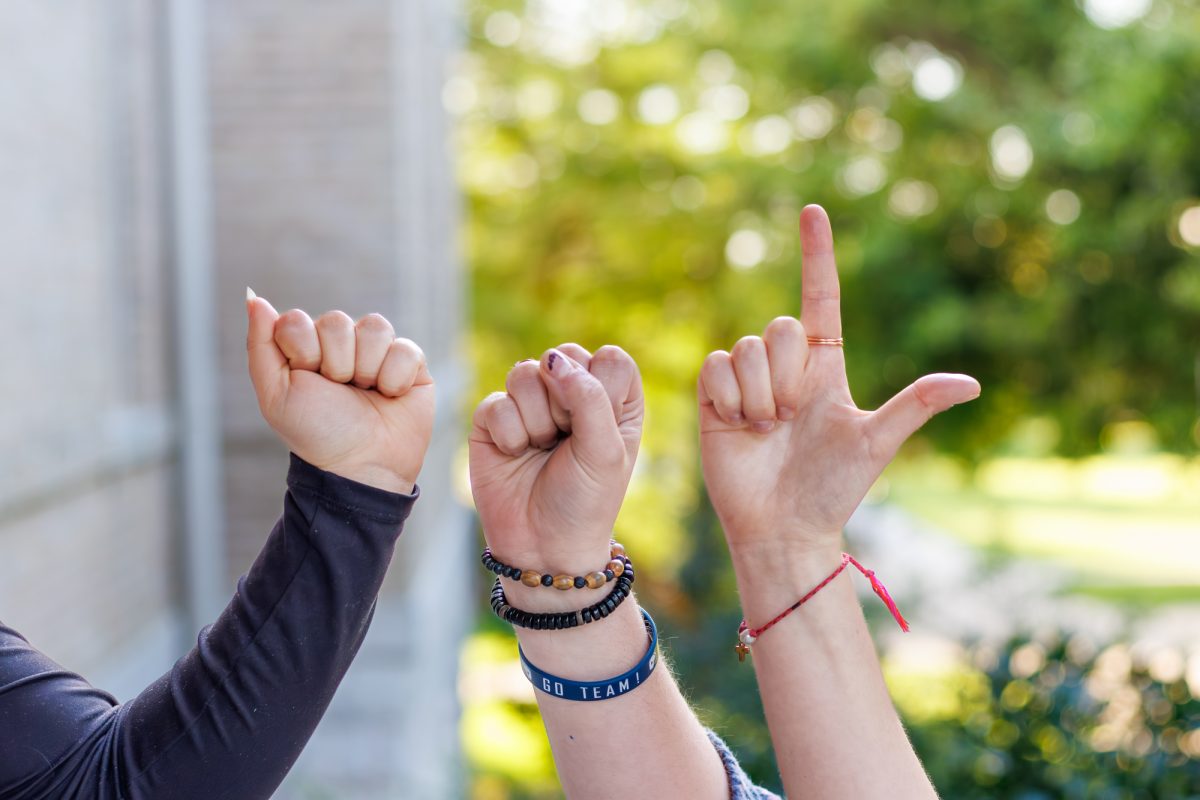
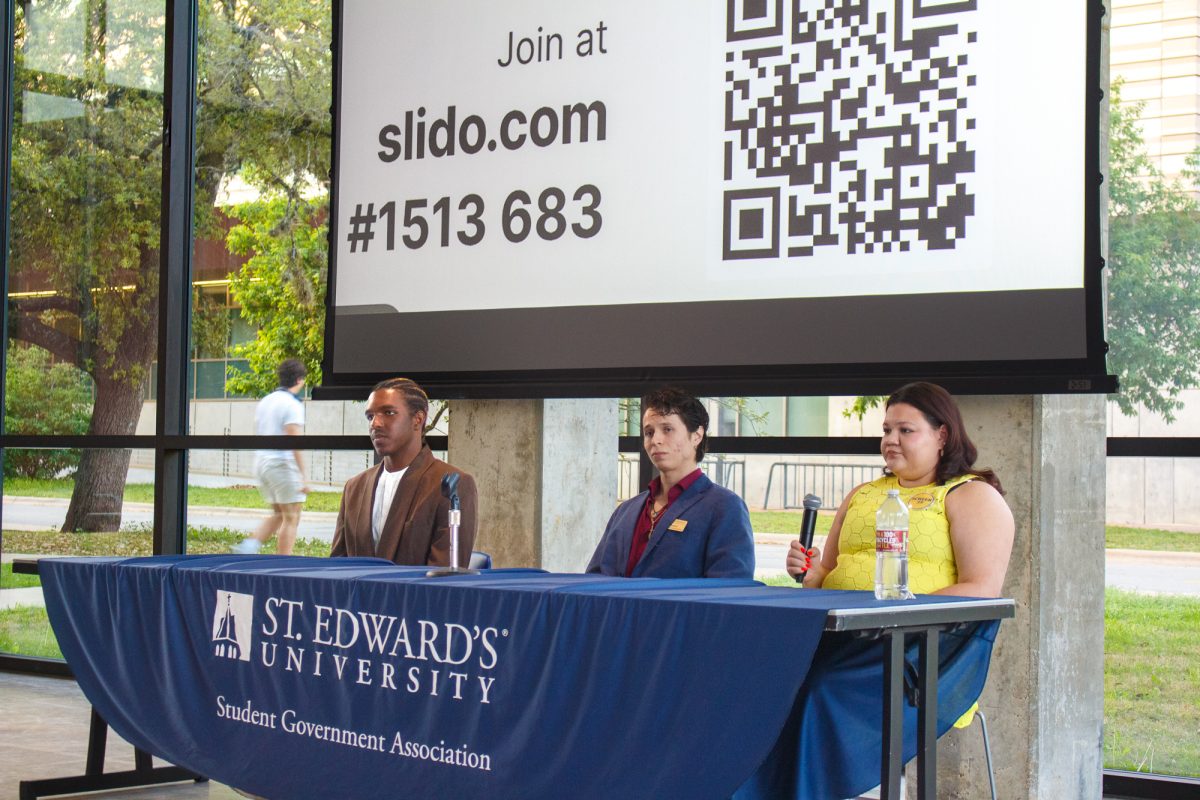
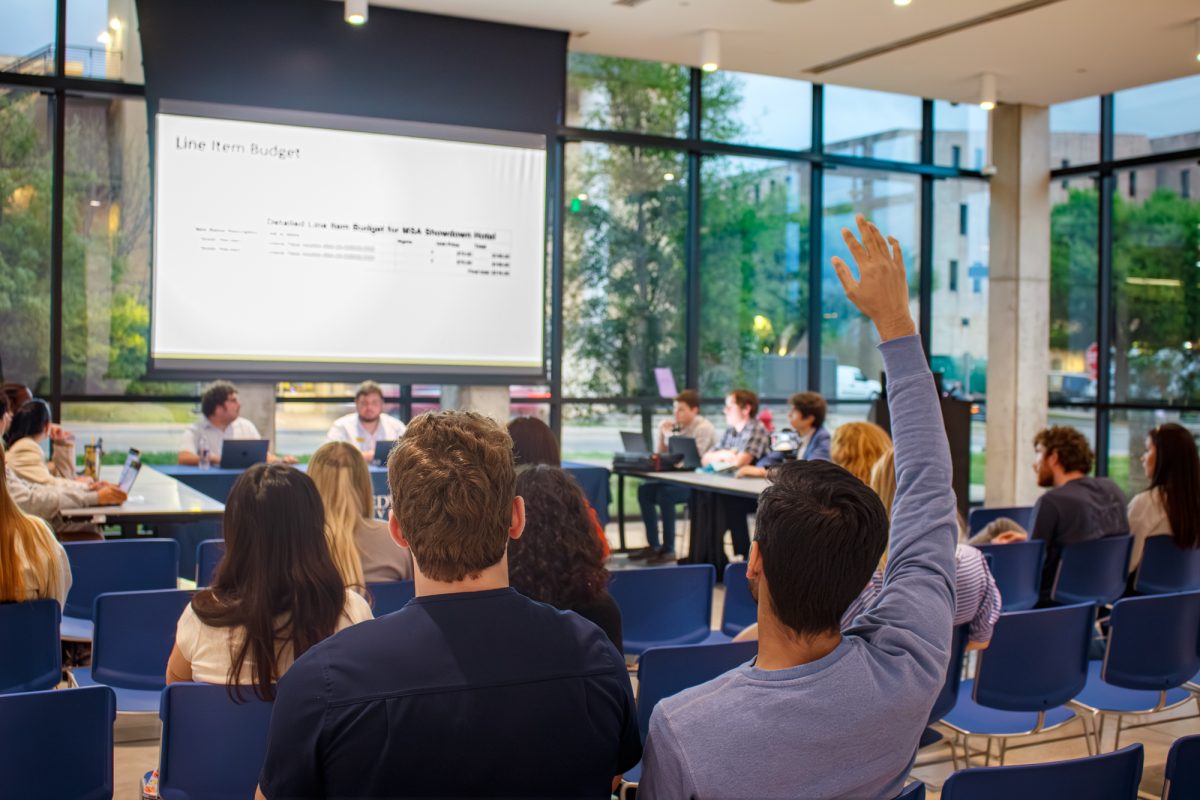
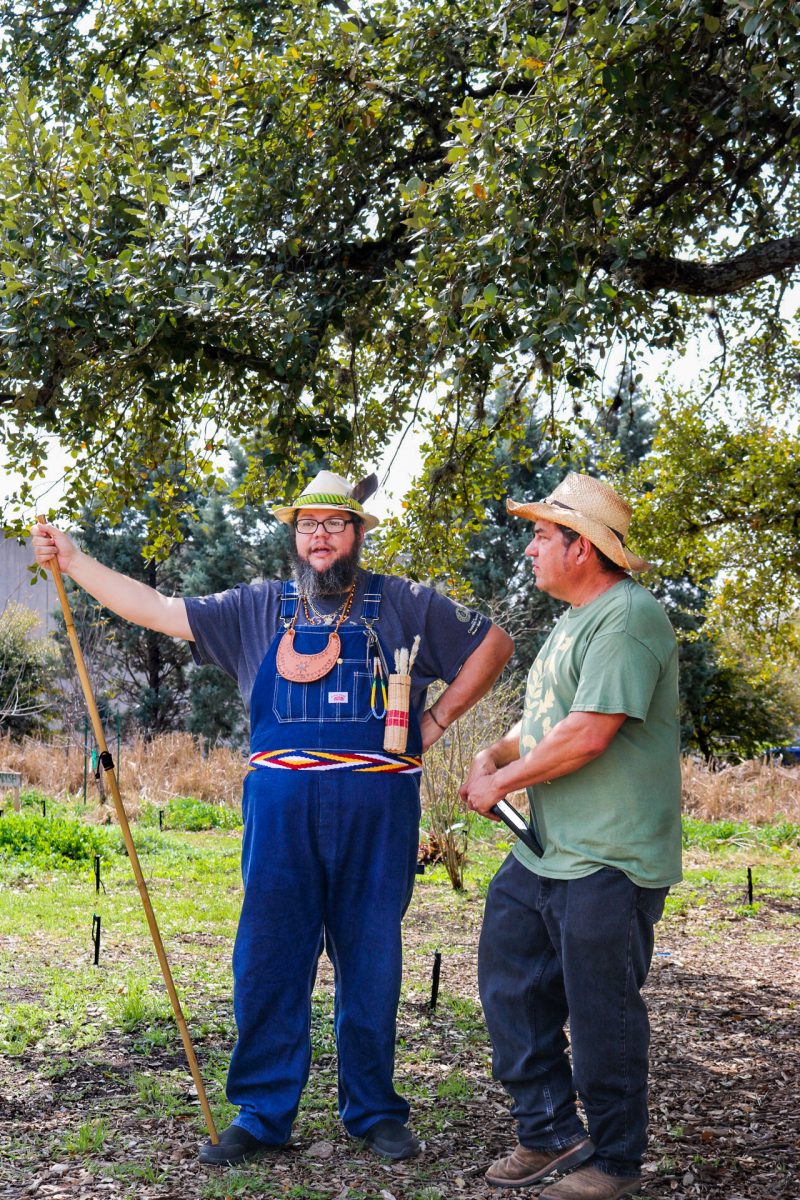

Castex Denise • Nov 5, 2024 at 12:20 am
As in all countries, the stakes of election results are high. It is reassuring to see youth mobilize. Education is an important foundation for living together.
See you soon Gaby